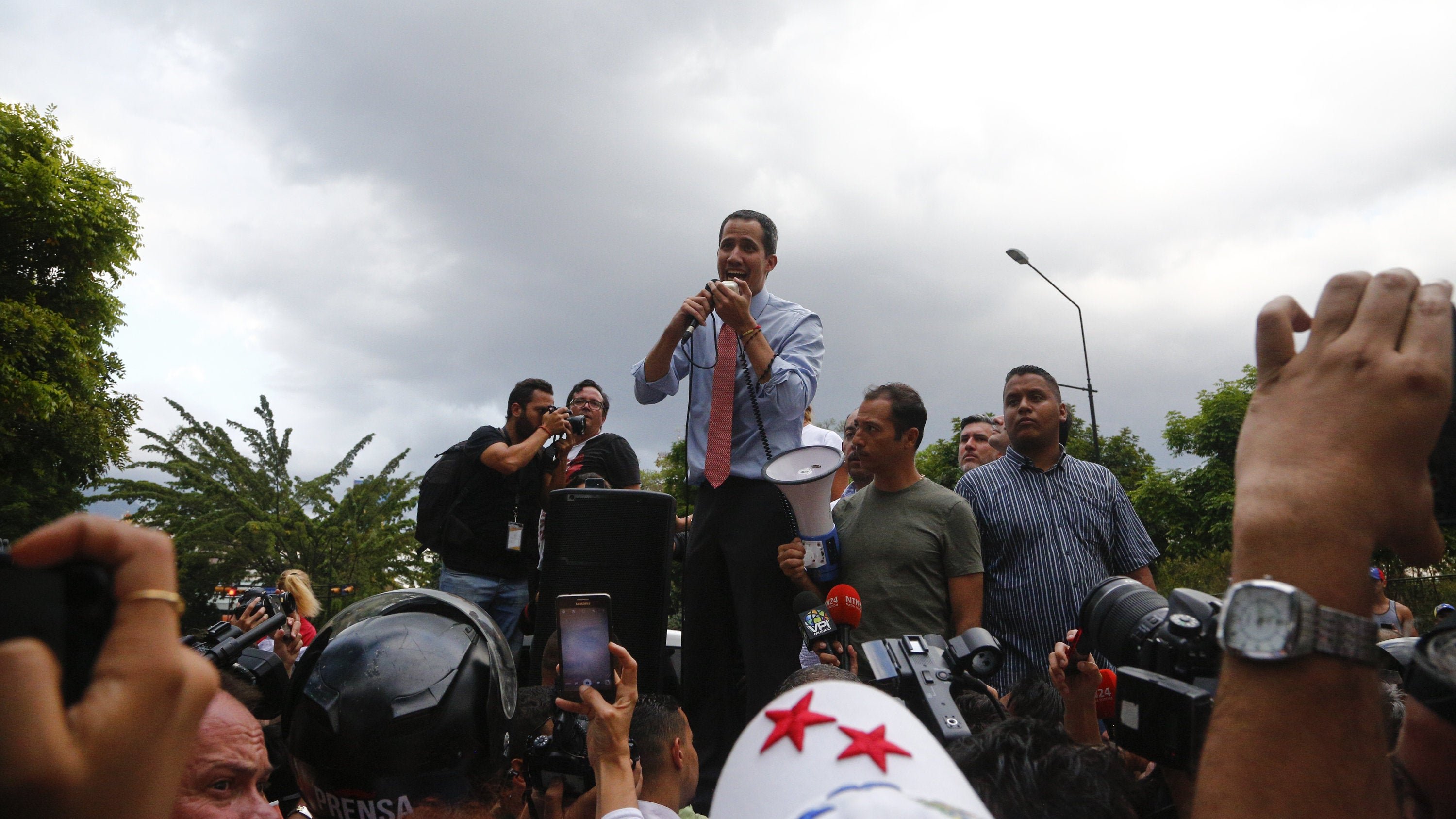Trump Intensifies Pressure on Venezuela, Endgame Remains Unclear
The Trump administration has significantly ramped up its efforts to influence the political landscape in Venezuela, aiming to dislodge Nicolás Maduro from power. This sustained campaign of pressure, encompassing economic sanctions and diplomatic isolation, marks a determined push by Washington to support the opposition movement led by Juan Guaidó. However, despite the increased intensity, the ultimate resolution or "endgame" of this high-stakes strategy remains highly uncertain.
U.S. Strategy and Sanctions
U.S. officials have consistently voiced concerns over the severe humanitarian crisis gripping Venezuela, attributing the nation's profound economic collapse and democratic erosion to Maduro's government. Sanctions have specifically targeted Venezuela's crucial oil sector and individuals associated with the regime, hoping to starve the government of funds and compel a political transition. The United States, alongside several Latin American and European nations, formally recognizes Guaidó as Venezuela's legitimate interim president, further isolating Maduro on the global stage.
Maduro's Resilience and Unclear Path Forward
Despite these extensive measures, Maduro has demonstrated surprising resilience, maintaining firm control over key state institutions, including the military. This steadfast grip on power, coupled with significant support from allies such as Russia, China, and Cuba, considerably complicates Washington's efforts to orchestrate a swift governmental change. The absence of a clear timeline or a defined path to a post-Maduro Venezuela raises pertinent questions about the long-term effectiveness and potential unintended consequences of the current strategy. Political observers note that while pressure tactics can be impactful in principle, they often necessitate a well-articulated exit strategy to mitigate risks of prolonged instability or further humanitarian backlashes.
The complex situation continues to evolve, with various regional and international actors holding differing perspectives on the most viable path forward. The U.S. approach, while forceful, faces the challenge of navigating a highly complex geopolitical environment where a clear and decisive resolution remains elusive.

